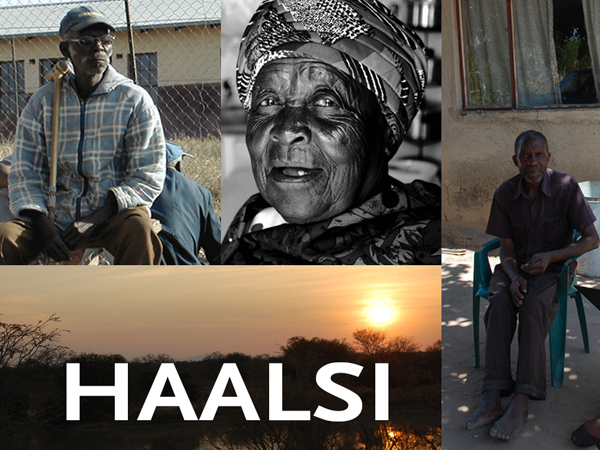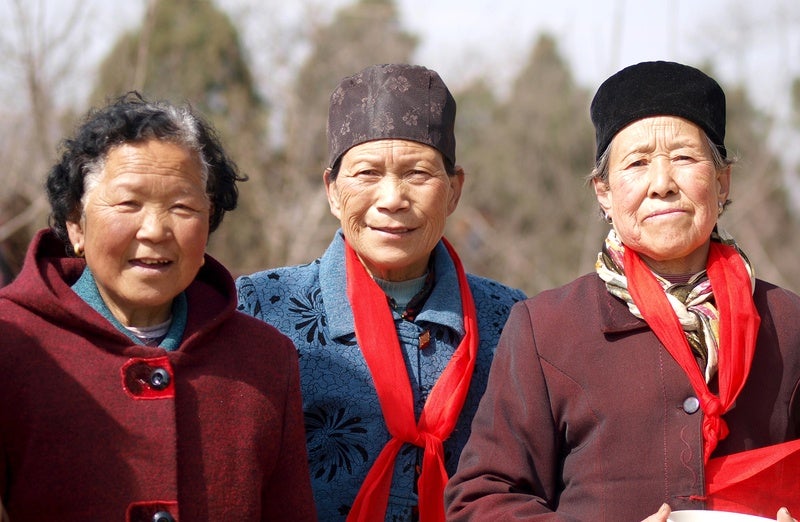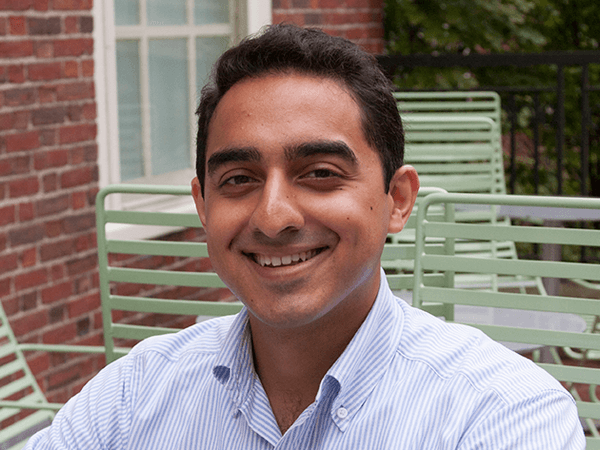Researchers affiliated with the Health and Aging in Africa: A Longitudinal Study of an INDEPTH Community in South Africa (HAALSI) project have published a study on an aging population in rural South Africa in which more than half suffer from hypertension. Findings reveal that there have been improvements in addressing the condition in every phase of the treatment “cascade” (i.e., awareness, treatment and control).
HAALSI study evaluates less expensive and easier to implement method to assess salt consumption at the population level in rural South Africa
South Africa has introduced regulations to reduce sodium in processed foods. Researchers affiliated with the HAALSI study have found that spot urine samples, a less expensive (and less complicated) method of assessing salt consumption, are a viable alternative to the standard 24-h urine collection method for evaluating the population median 24hrUNa excretion. The findings, published in the Journal of Hypertension, “could play an important role for governments and public health…
Community-based screening may help to raise awareness and control hypertension among aging adults in China
Recent Harvard Bell Fellow Nikkil Sudharsanan, along with faculty member Till Bärnighausen and their colleagues, have published a study that shows an association between the intervention and lower systolic blood pressure in an adult population in which nearly half (many, unknowingly) are at risk for hypertension, a major risk factor for cardiovascular disease.
Study projections indicate that middle-income countries will need to significantly expand health care services to keep up with aging population
Recent Harvard Bell Fellow Nikkil Sudharsanan, PhD, and a colleague have authored a paper published in the journal Hypertension that estimates that by 2050 demographic changes alone will increase the number of adults in Brazil, China, India, Indonesia, Mexico and South Africa who will be in need of hypertension care by 319.7 million.
HCPDS Researchers Challenge Findings of Study on SES and Hypertension in LMICs
Fahad Razak and S (Subu) V Subramanian challenge some conclusions relating to association between SES and hypertension in LMICs in this Commentary.
Gillman co-authors study revealing young adults to be less aware of having hypertension
HSPH and Pop Center faculty member Mathew Gillman, M.D., co-authors study published in the Journal of General Internal Medicine that finds young adults to be less aware that they suffer from hypertension, and therefore, less likely to receive treatment.


